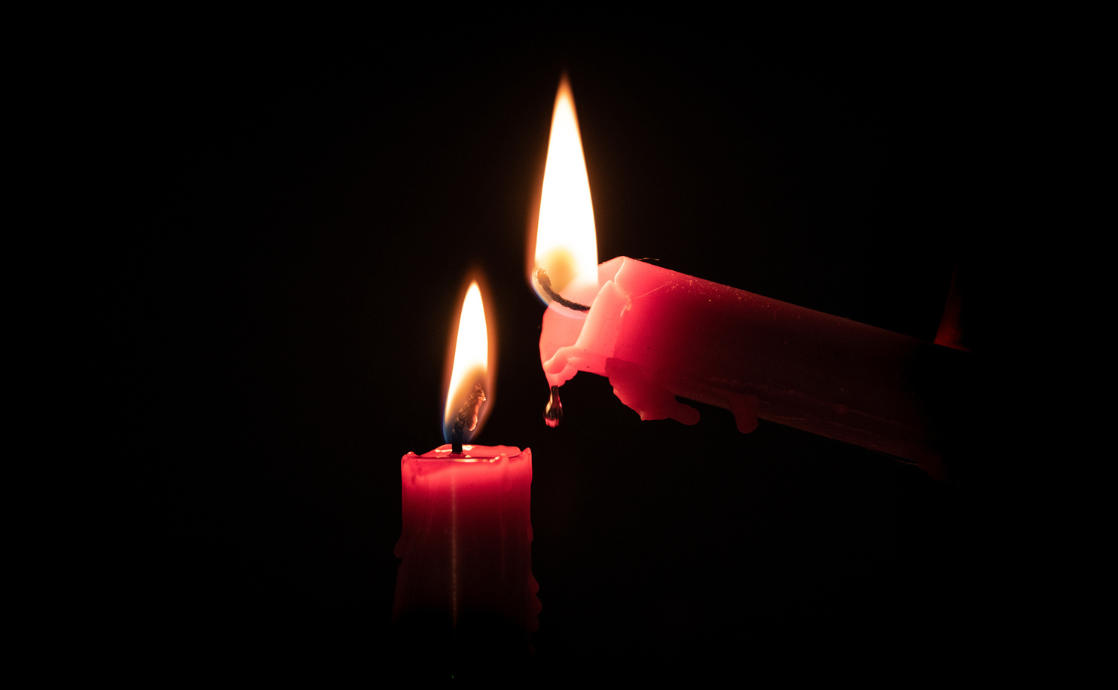In the realm of human experience, few concepts resonate as profoundly as the notions of courage and sacrifice. The Baha’i Faith offers a transformative perspective on these timeless virtues, framing them within a context that transcends mere heroism as popular culture depicts it. Instead, the Baha’i view posits a multifaceted understanding of courage and sacrifice, inviting individuals to re-evaluate their own lives against the backdrop of these ideals.
To engage with the Baha’i perspective on these fundamental attributes, one must first understand the metaphysical underpinnings of the Baha’i Faith itself. Baha’is believe that humanity is in a continuous state of evolution, not merely in terms of technology and civilization but also in terms of spiritual and moral capacity. Such a view inherently requires an active engagement with courage—not simply as a reaction to adversity but as a proactive stance towards the betterment of humanity. This intrinsic link between courage and the progression of society encourages individuals to act in the spirit of service, thereby cultivating a more harmonious world.
Courage, in this context, manifests not only as the absence of fear but as a conscious decision to transcend it. Baha’i teachings elucidate that true courage involves grappling with one’s inner turmoil and fears to contribute positively to collective welfare. This idea challenges the conventional notion of bravery, which often romanticizes reckless heroism without addressing the underlying emotional landscape. The Baha’i perspective acknowledges that confronting fears—be they social, spiritual, or personal—demands a deeper alignment with one’s purpose and the innate potential for greatness buried within every soul.
In contrast, the concept of sacrifice holds a significant position within the framework of Baha’i thought. Sacrifice is frequently perceived as an act of giving up something of value for a greater cause. However, the teachings delve deeper into this notion, suggesting that true sacrifice is characterized by the relinquishment of self-serving desires in favor of the greater good. This can involve personal trials, the elevation of communal objectives over individual interests, and even the courage to stand against injustice, despite personal loss.
The dual notions of courage and sacrifice thus become intertwined within the Baha’i narrative, creating a rich tapestry defined by selflessness. A compelling illustration of this concept lies within the lives of historical figures whose actions have significantly advanced social justice. These individuals, heralded as heroes, exemplified the ideals of courage combined with profound sacrifice, demonstrating that the path to righteousness often necessitates both personal and collective hurdles.
Moreover, the Baha’i Faith encourages individuals to adopt a transcendent view of heroism. In the context of interpersonal relationships, courage is often required to foster understanding, empathy, and compassion. For Baha’is, it is not enough to act courageously in public or monumental circumstances; everyday actions hold profound significance. Simple, loving gestures towards one’s neighbor can exemplify courage and sacrifice in a world that frequently emphasizes grandeur over the mundane.
This egalitarian perspective paves the path for an inclusive definition of heroism—one that recognizes every individual’s potential to embody these virtues. Within the Baha’i teachings, every person is imbued with the capacity to be a ‘superhero’ in their own right. This conceptual shift prompts individuals to view everyday acts of kindness and bravery as heroic, thus democratizing the field of valor and prompting a reevaluation of societal standards surrounding heroism.
The Baha’i Faith posits that humanity collectively shares the responsibility for uplifting the downtrodden and responding to societal issues that threaten the well-being of all. Therefore, courage is not solely an individual endeavor but a communal obligation. In this sense, sacrifices made for the well-being of others resonate throughout society, instigating a ripple effect of positive change. This interconnectedness fosters a sense of solidarity, galvanizing individuals to be proactive in addressing social, economic, and environmental challenges.
A significant aspect of Baha’i teachings concerns the relationship between courage, sacrifice, and the personal journey towards self-discovery. Individuals are encouraged to delve into their inner selves, examining fears, doubts, and desires, as a precursor to acting with courage. This introspective journey is not merely for self-betterment but serves as a precursor to collective action. When individuals understand their motivations and fears, they are better equipped to navigate complex social landscapes and embody the characteristics of courage and sacrifice.
Additionally, the Baha’i view underscores the importance of education in fostering these virtues. Knowledge is regarded as a powerful catalyst for personal and societal transformation. An educated populace is better positioned to identify injustice, cultivate empathy, and act courageously in the face of adversity. The empowerment gained through education fortifies individuals and communities against the tides of ignorance, enabling informed action that reflects the ideals of courage and sacrifice.
In conclusion, the Baha’i perspective on courage and sacrifice reframes conventional understandings of heroism. It elevates everyday actions, emphasizes communal responsibility, and advocates for introspection as a means to cultivate these virtues. The teachings invite individuals to consider their own heroic potential, not through grandiose acts but through the deliberate choices made each day. In embracing these ideals, one participates in a transformative journey—one that promises not only personal growth but also a collective elevation of humanity. This holistic approach invites curiosity and challenges individuals to embody the essence of ‘superheroes’ within their own lives, shaping a brighter and more unified future.
